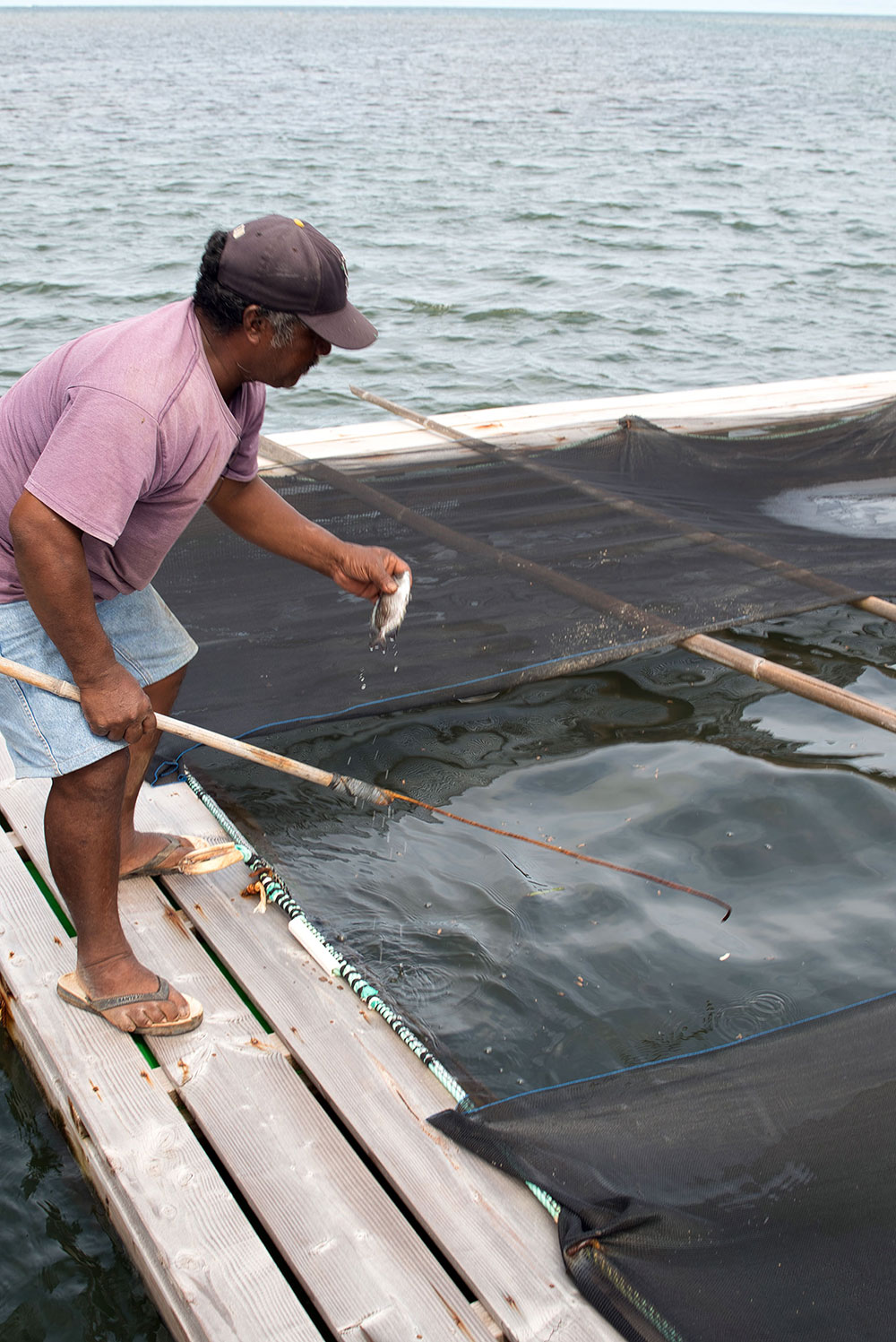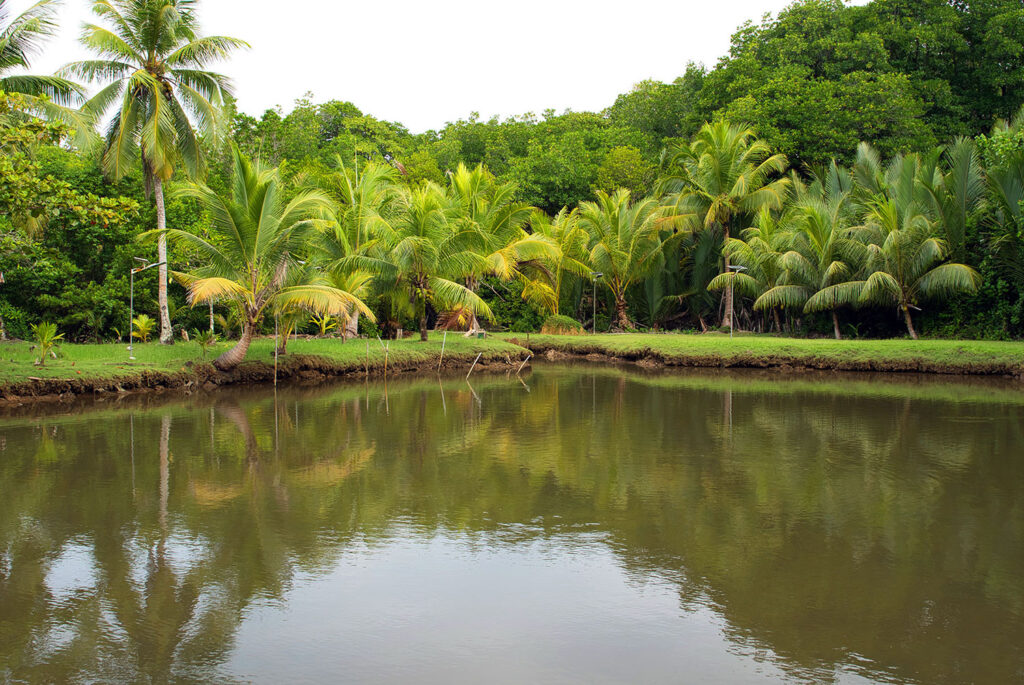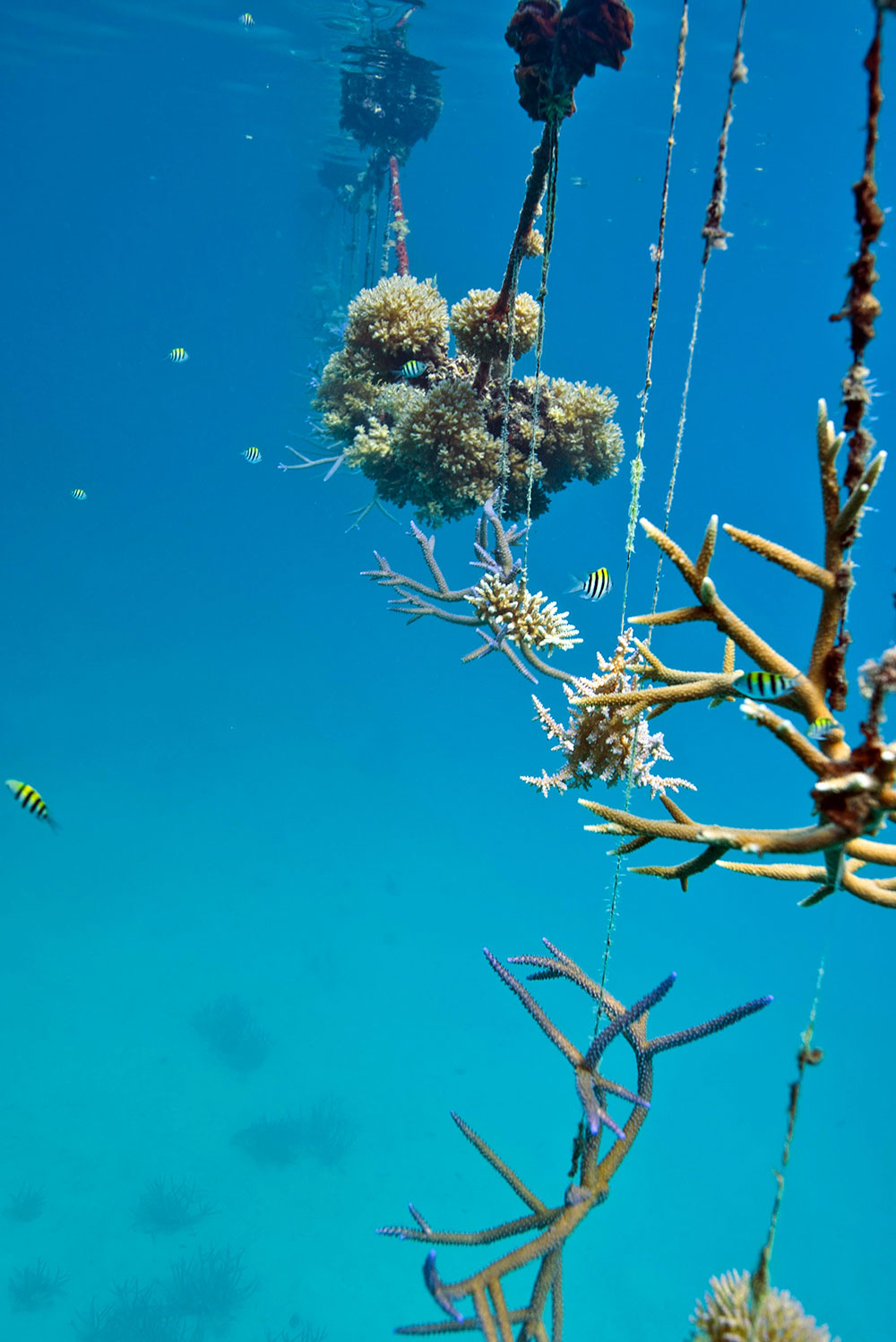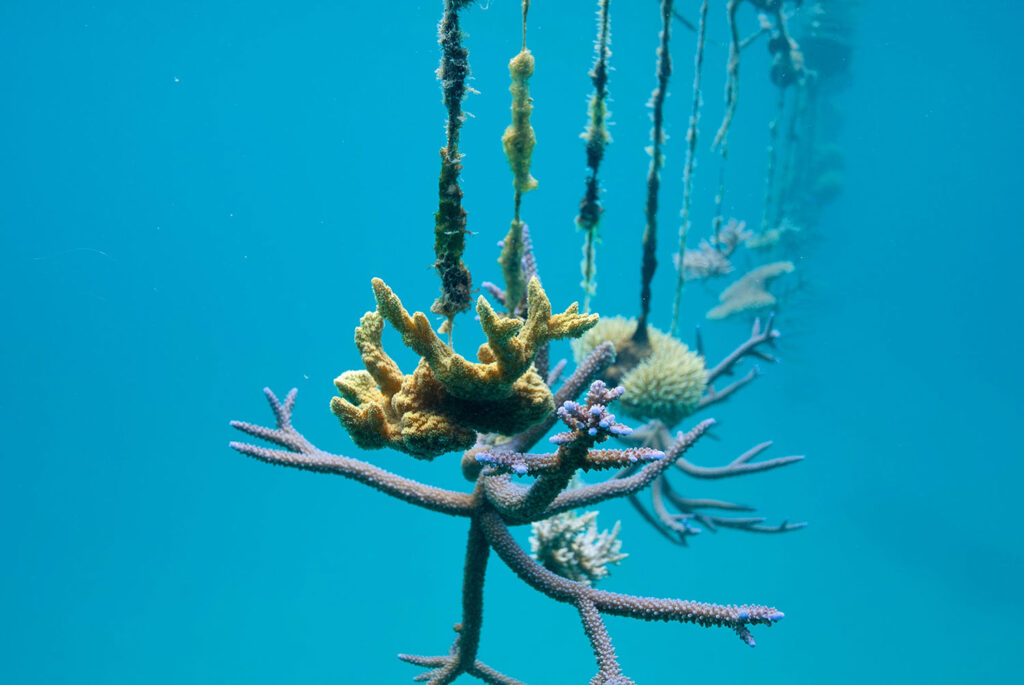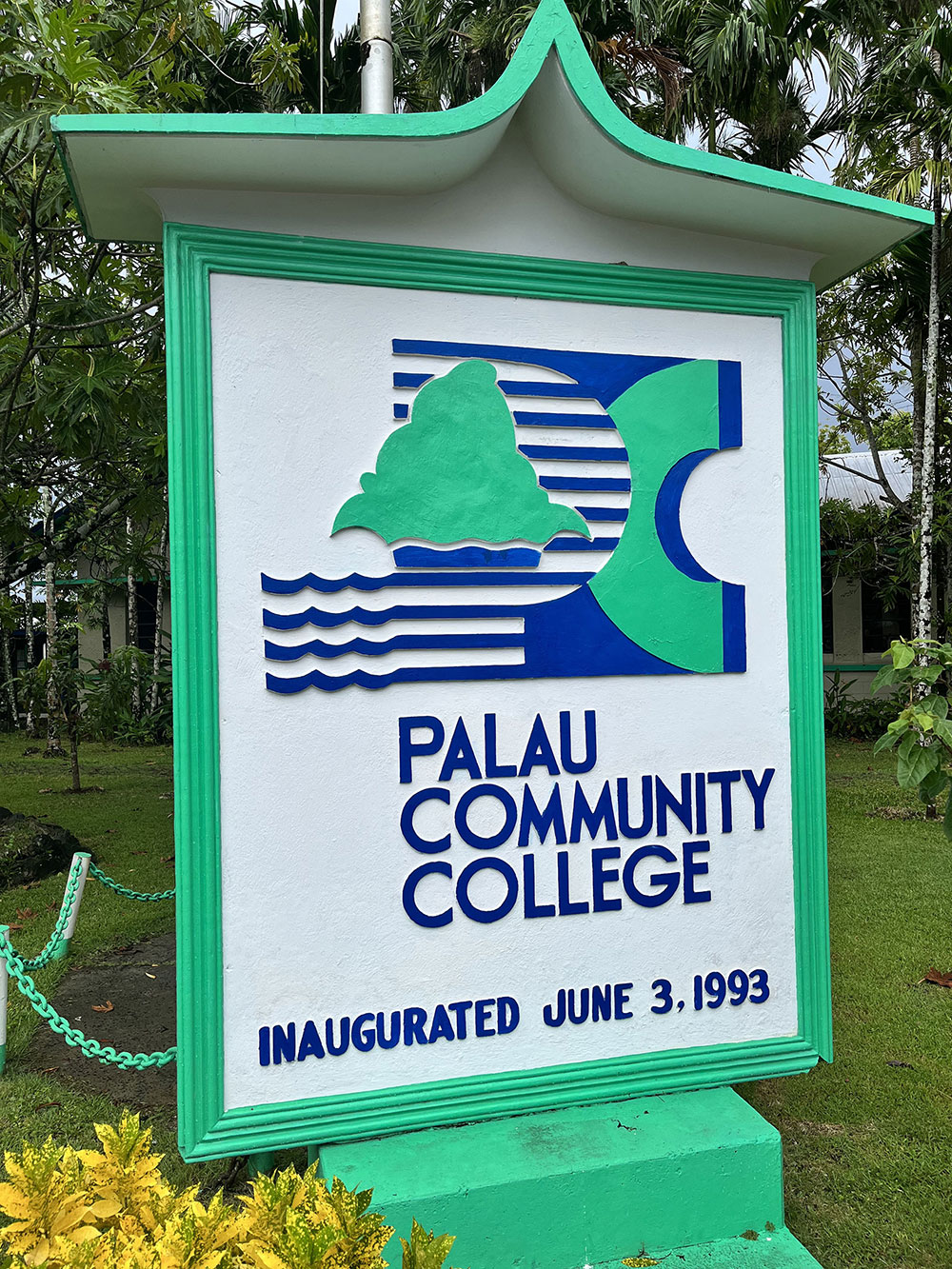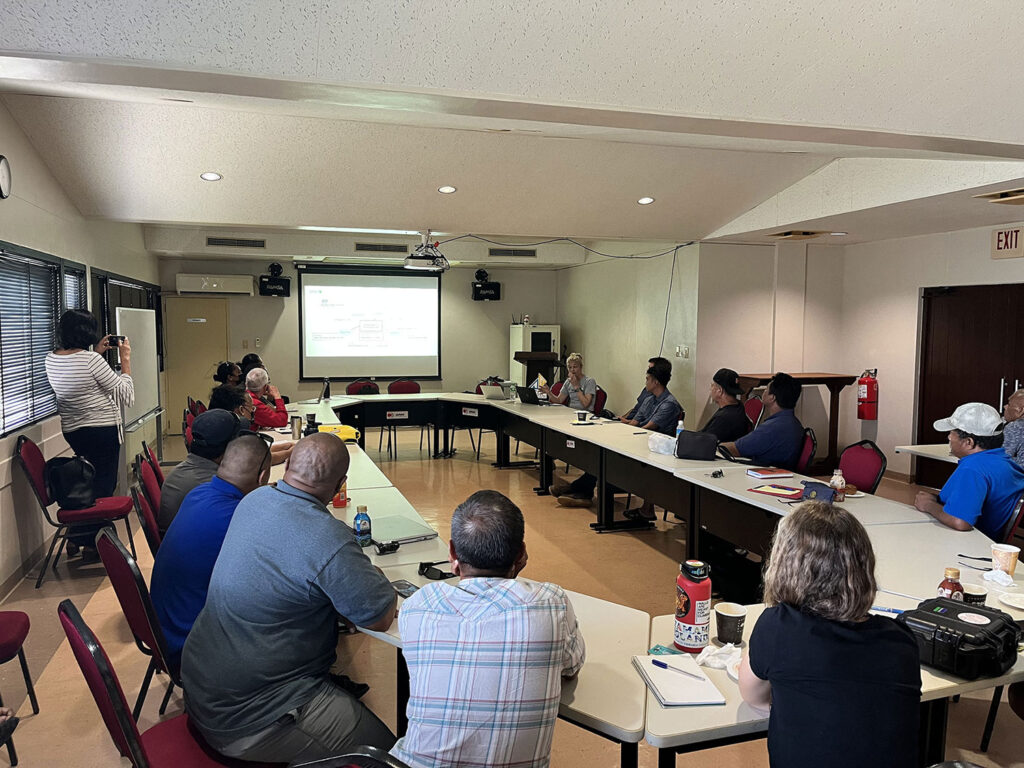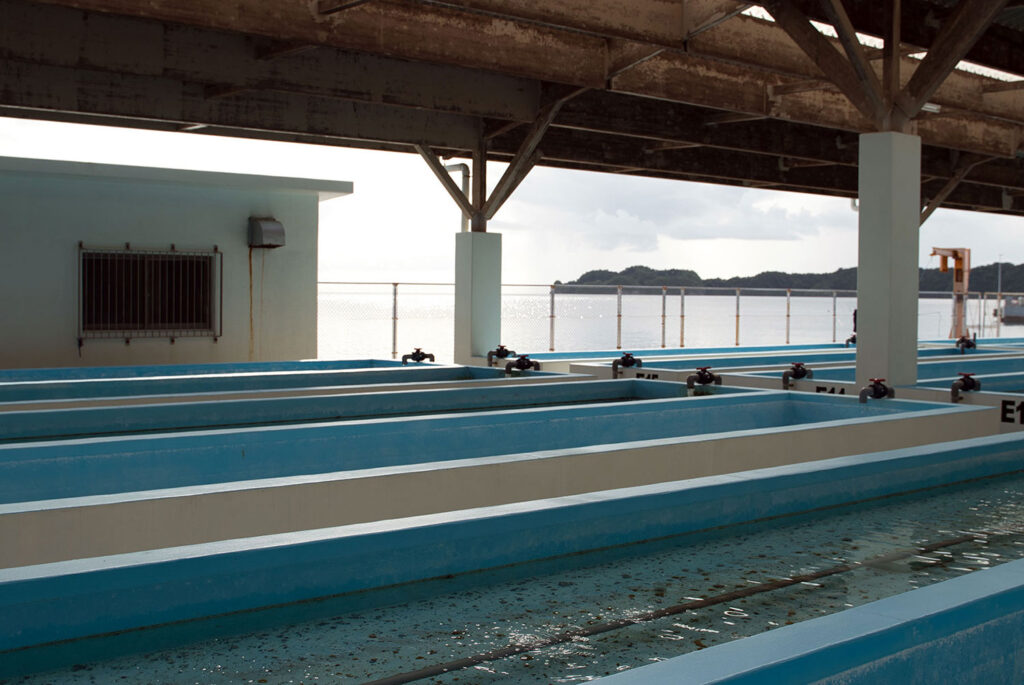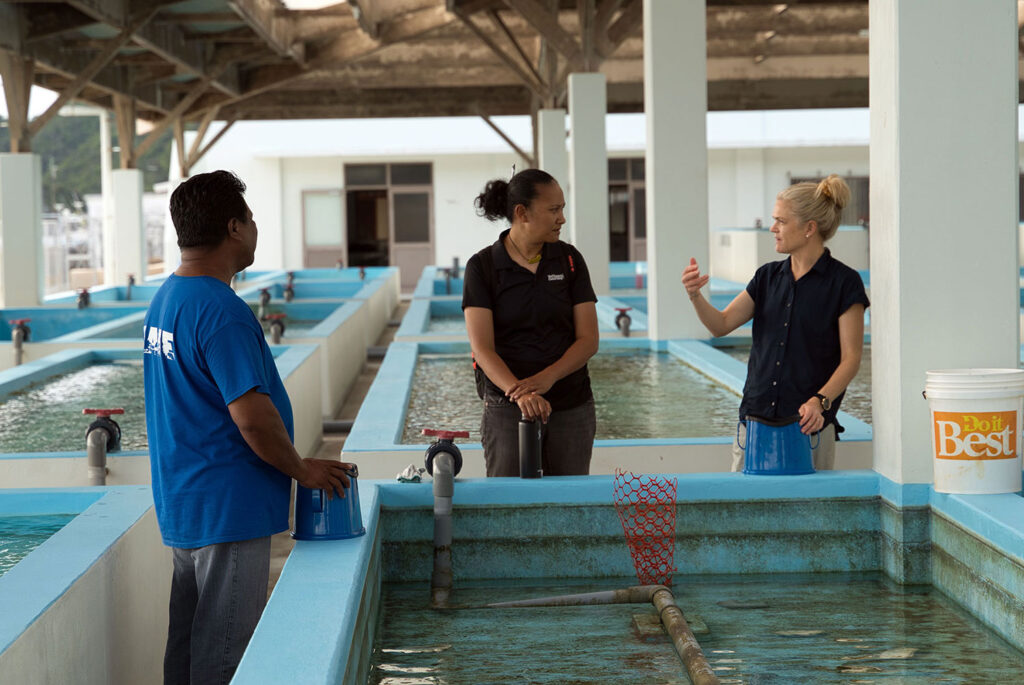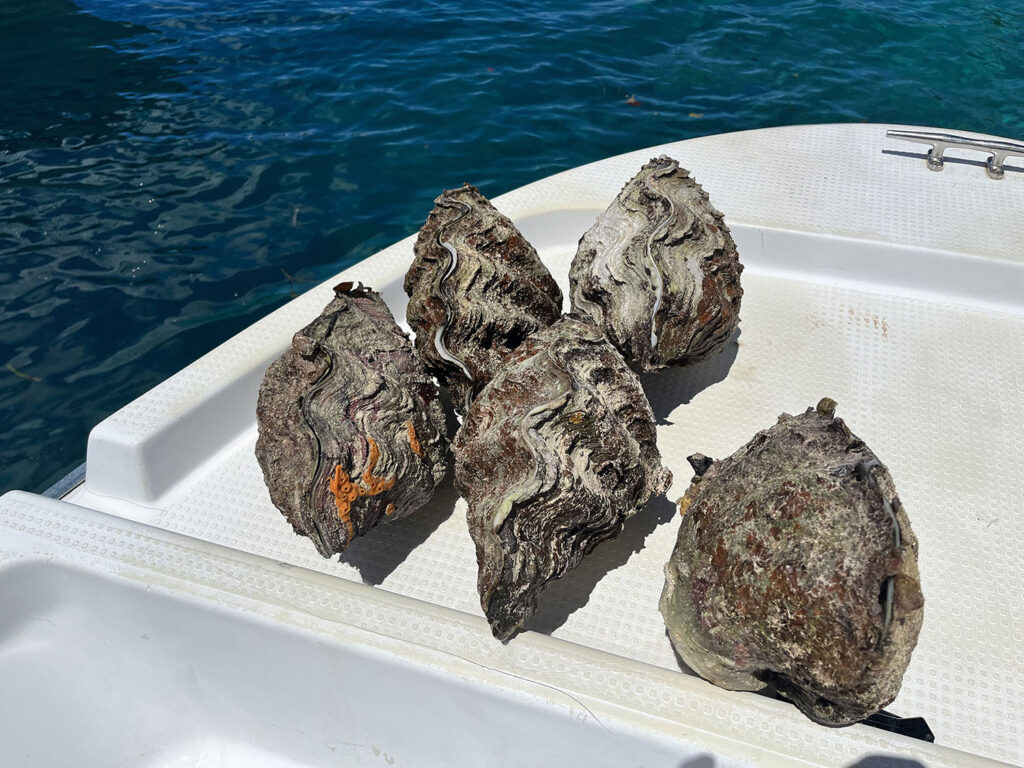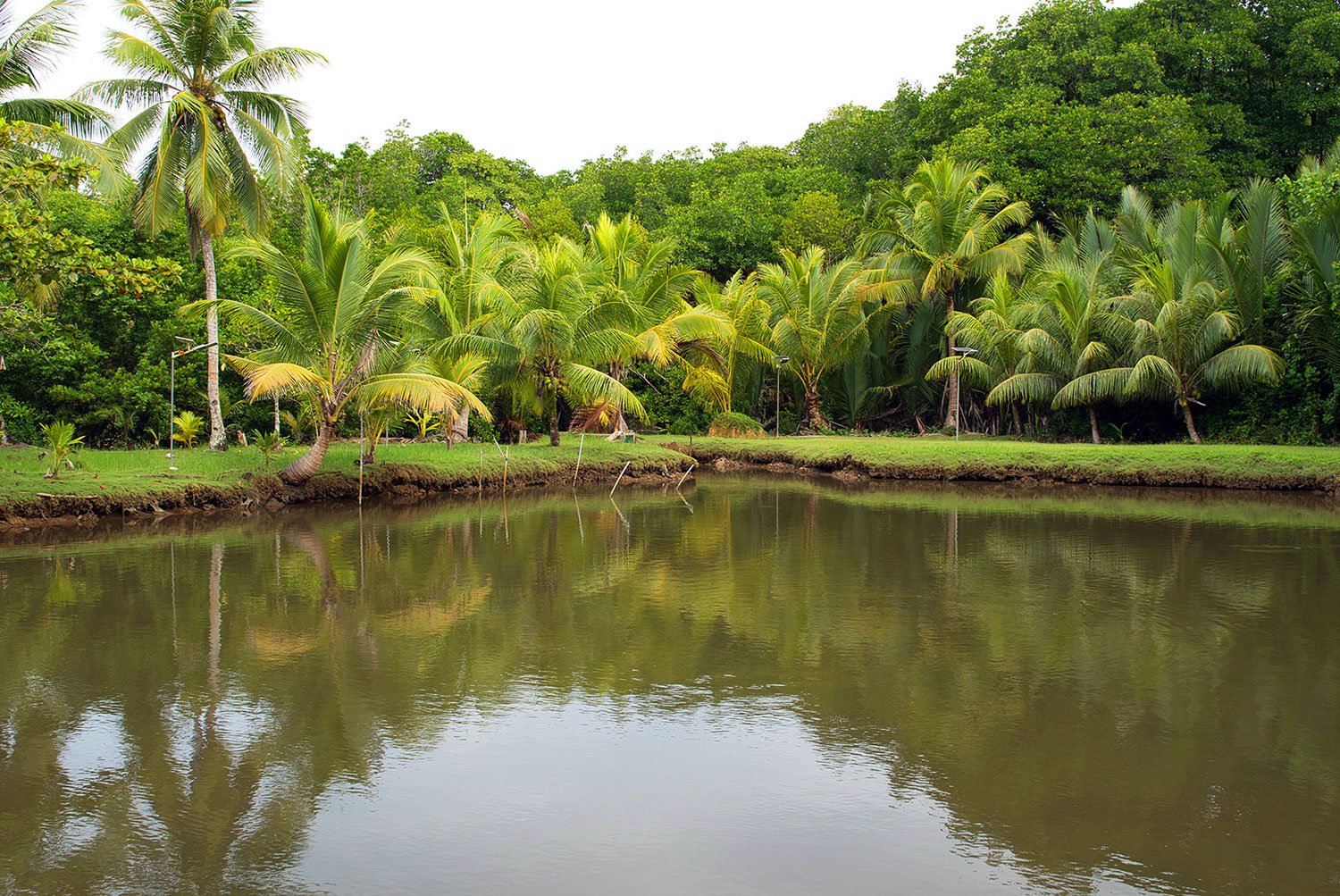Palau
Overview
The Republic of Palau is an archipelago of roughly 340 islands in the Pacific Ocean, 625 miles east of the southernmost region of the Philippines. Though it is one of the smallest and least populated countries in the world, Palau is home to wide array of marine ecosystems, including seagrass meadows, mangroves, mud basins, algal turfs, and tidal channels. The islands are also adjacent to the “Coral Triangle,” whose 400 coral species and 1,300 reef fish species make it the world’s most biodiverse shallow-reef ecosystem.
The government of Palau has taken significant steps to protect its natural resources. In 2015, the country designated 80 percent of its waters, including its exclusive economic zone (EEZ), as a marine sanctuary where activities like fishing and mining are not permitted. Standing at just under 200,000 square miles (about 500,000 square kilometers), the protected area is among the largest marine sanctuaries in the world. The remaining 20 percent of Palau’s EEZ is a domestic fishing zone where local fisheries are allowed to operate.
Palau’s economy largely hinges on the health of its biodiversity. The islands’ pristine waters and rich ecosystems attract tens of thousands of visitors every year; the tourism industry supported by these visitors accounts for 38 percent of the Palau’s gross domestic product and 45 percent of employment. The same ecosystems that support tourism also support local food security. As is the case in many island nations, wild-caught fish and shellfish are a significant source of protein; the average Palauan eats three times more seafood than the global average.
As climate change threatens local wildlife and fisheries, and, by extension, its economy and food supply, Palau is looking to aquaculture as an additional source of protein and business. In recent years, farmers have started breeding species like rabbit fish and giant clams, which have long been a part of the local food culture. With financial and technical support from NASA, TNC and the government of Palau have designed an interactive mapping tool to help ensure that aquaculture projects are developed sustainably. The tool accounts for infrastructural, social and cultural, natural and environmental, economic, and biological considerations to identify areas that are suitable for aquaculture.
TNC’s Role
The project launched with a partner workshop held in Koror, Palau, in February 2019. Participants representing a range of groups attended, including regulators, national government scientist, aquaculture farmers, aquaculture researchers, and non-governmental organizations. The workshop served as a forum to discuss the status of aquaculture in Palau, candidate species, geographies, and key factors to consider for siting. Successive stakeholder meetings and workshops were held in person in 2019 and then virtually, because of the COVID-19 pandemic.
In April 2020, the first a draft of the siting guidance manual and suitability model were shared with partners and broader interest groups for their input. A year later, an aquaculture spatial planning training course was launched in partnership with the Palau Community College. The course, which included a combination of online classes and virtual seminars, aimed to build capacity and transfer knowledge around spatial analysis for aquaculture planning.
In September 2022, the final versions of the siting guidance, manual, suitability model, and web tool were released. Palauans are now using these products to inform aquacultural regulations and planning at the community, state, and national levels. TNC and stakeholders are working together to monitor, evaluate, and adapt the tool as needed.
Project Partners
- Palau Bureau of Fisheries
- Palau Community College
- Palau Environmental Quality Protection Board
- The Nature Conservancy
Fact Sheets and Project Links
- Palau Aquaculture Suitability Web Map and Decision Support Tool
- Guidance Manual for Marine Aquaculture Spatial Planning and Management in the Republic of Palau
- How Aquaculture Siting is Supporting Food Security and Conservation in Palau (nature.org)
Contacts
Yvonne Ueda, Palau Conservation Manager
yvonne.ueda@TNC.ORG
Heidi Alleway, Global Aquaculture Scientist
heidi.alleway@TNC.ORG
Jonathan MacKay, Aquaculture Spatial Scientist – Aquaculture
jonathan.mackay@TNC.ORG
